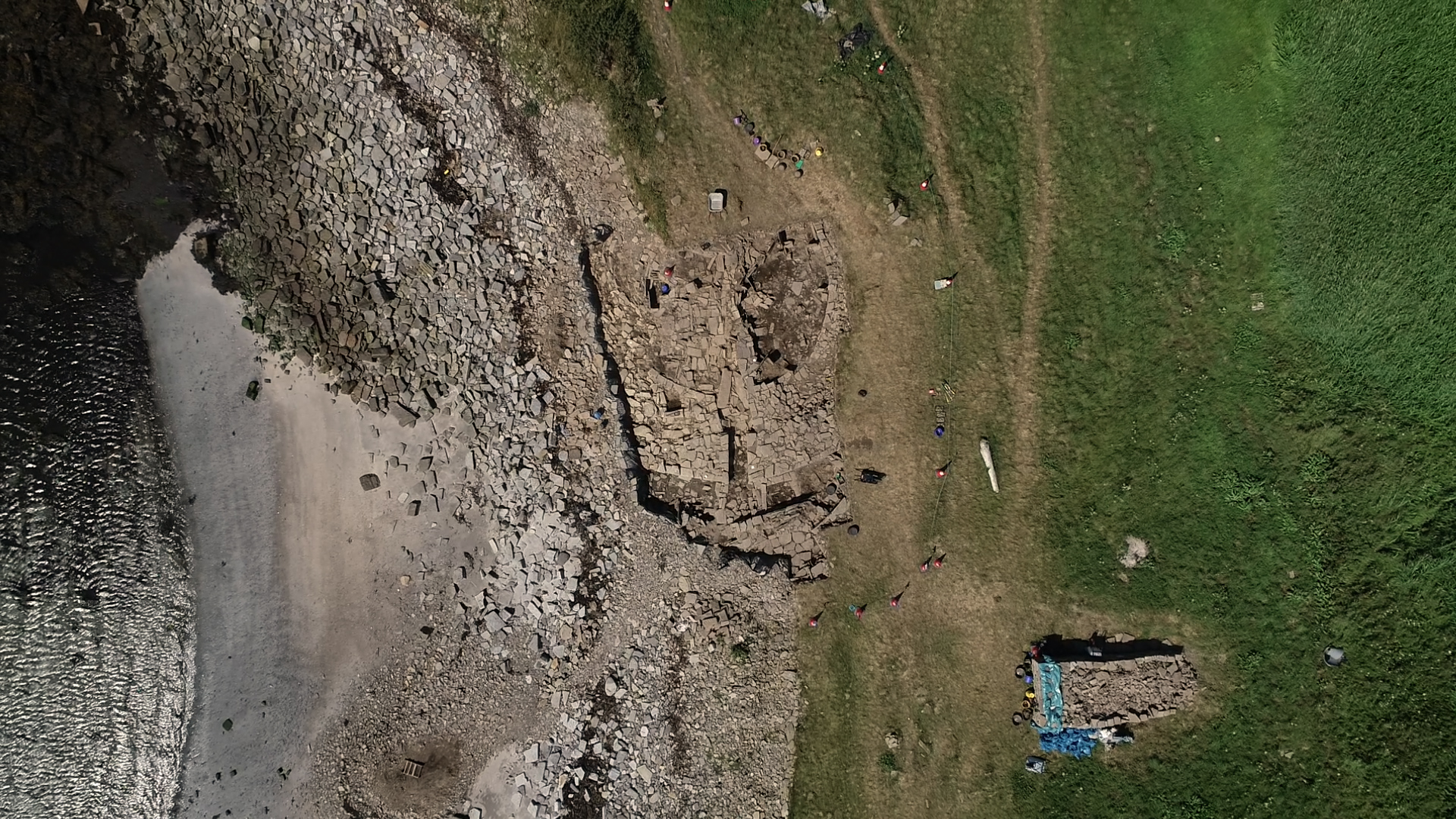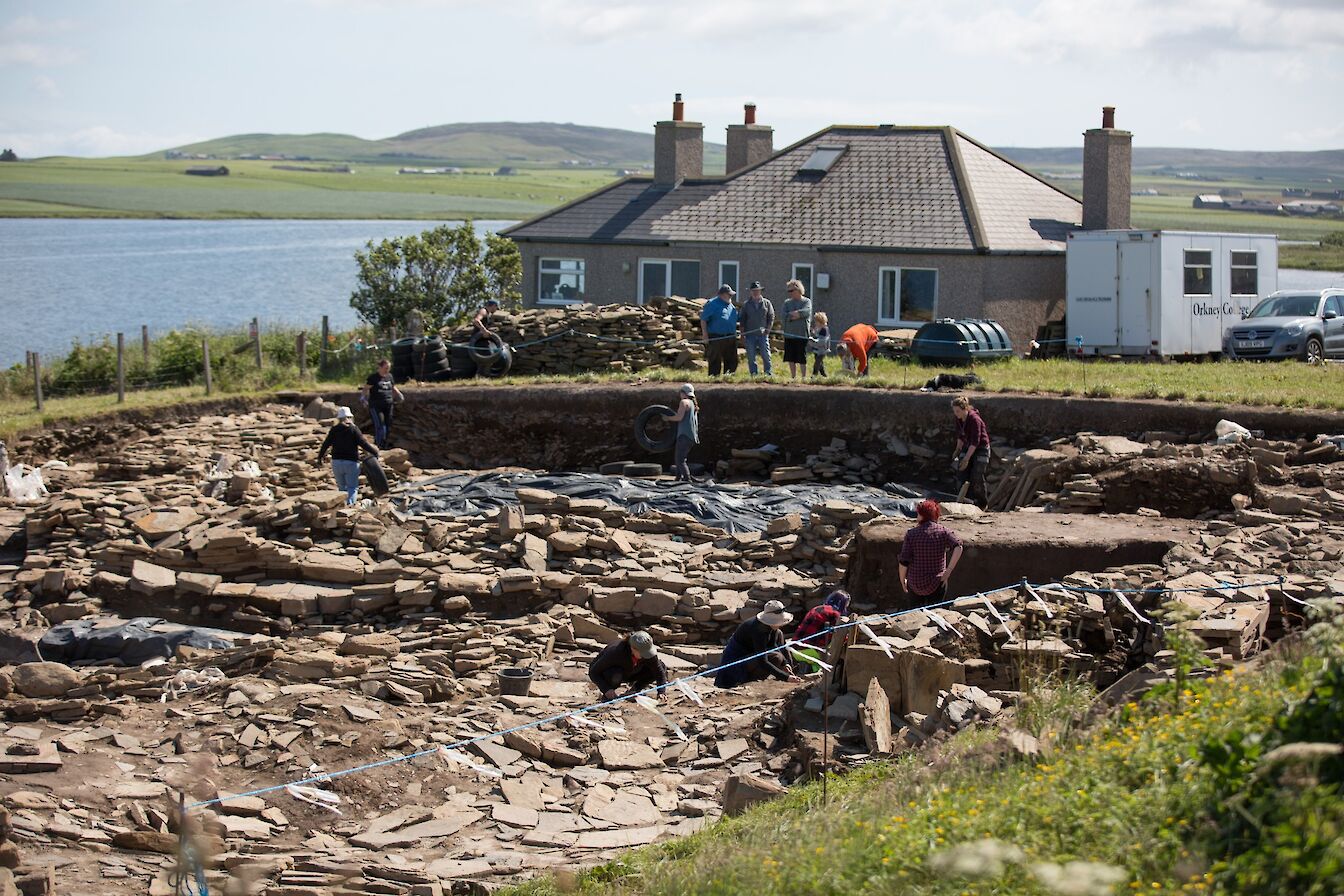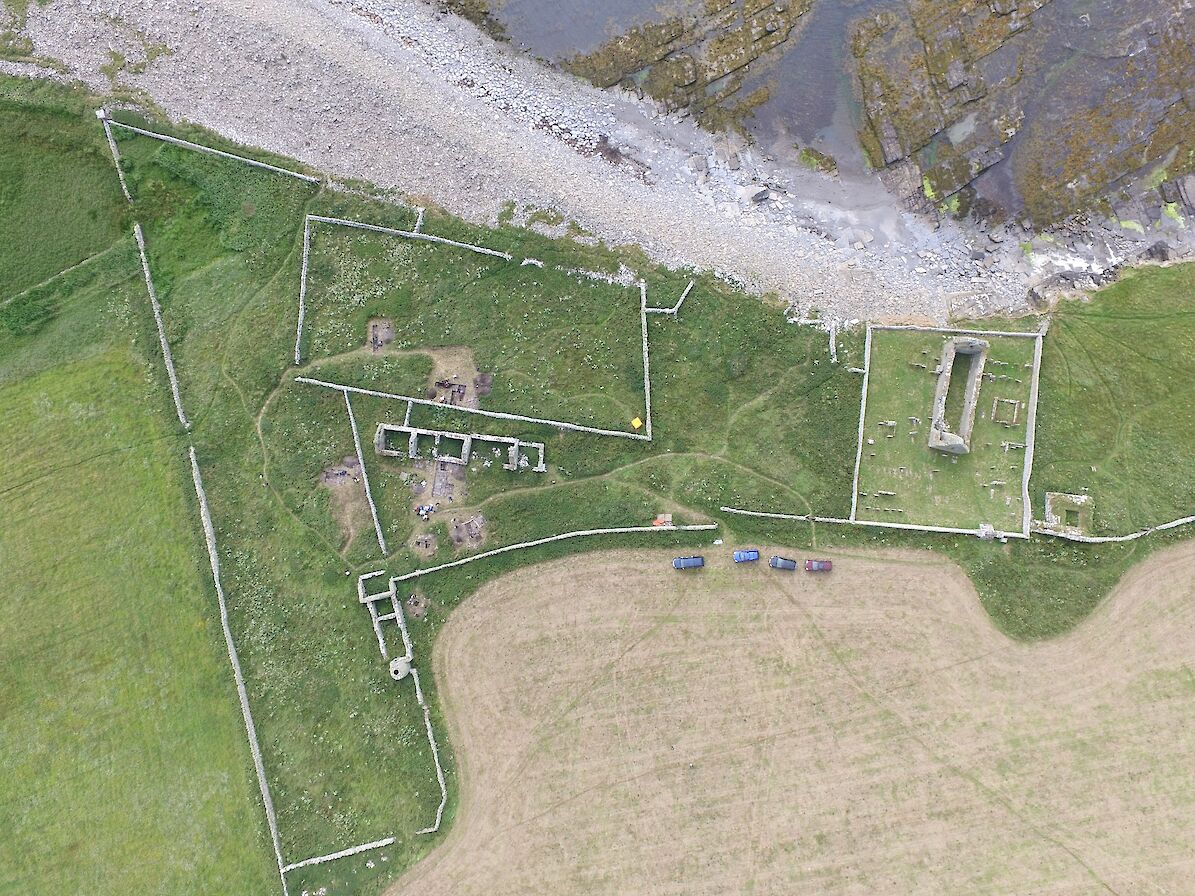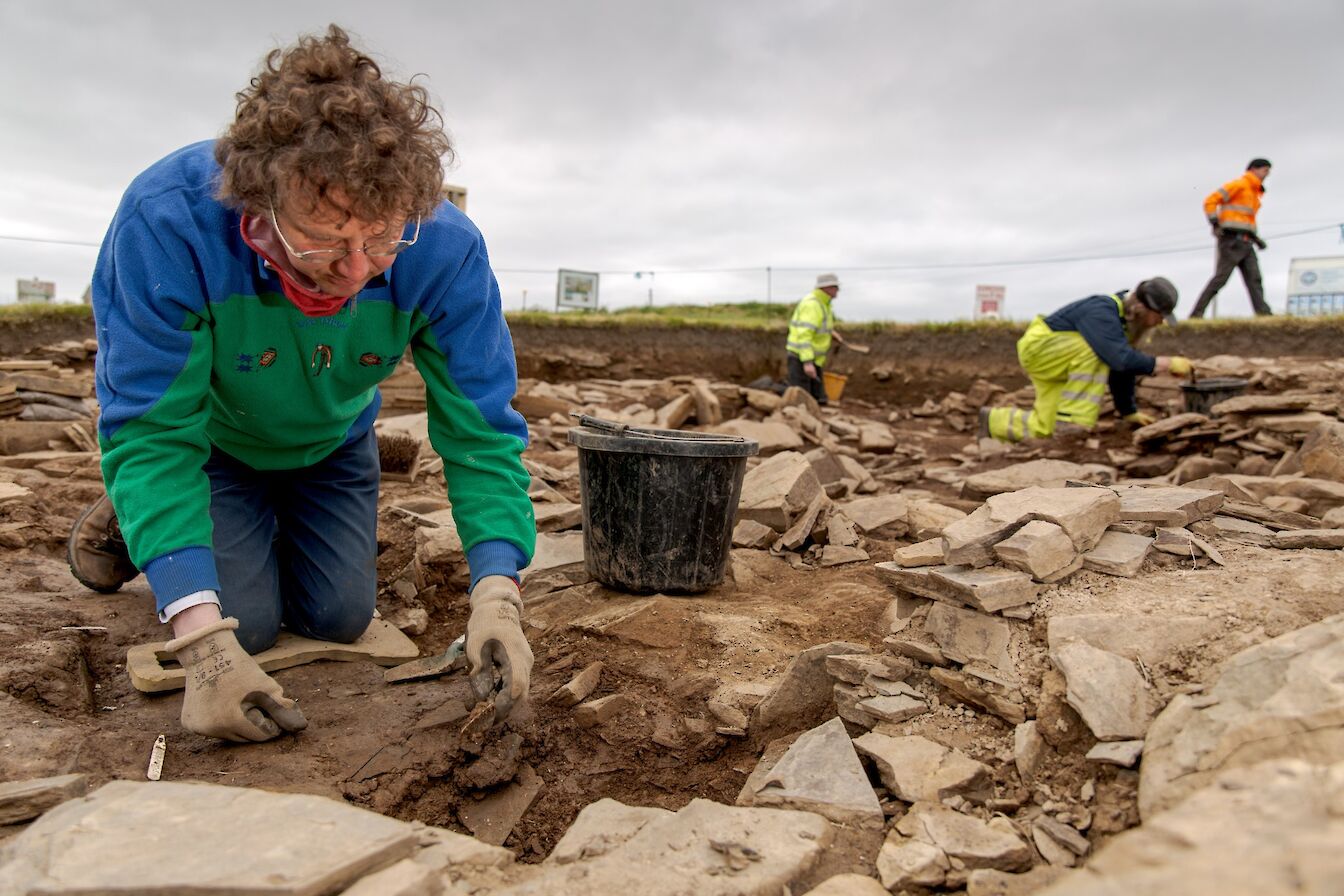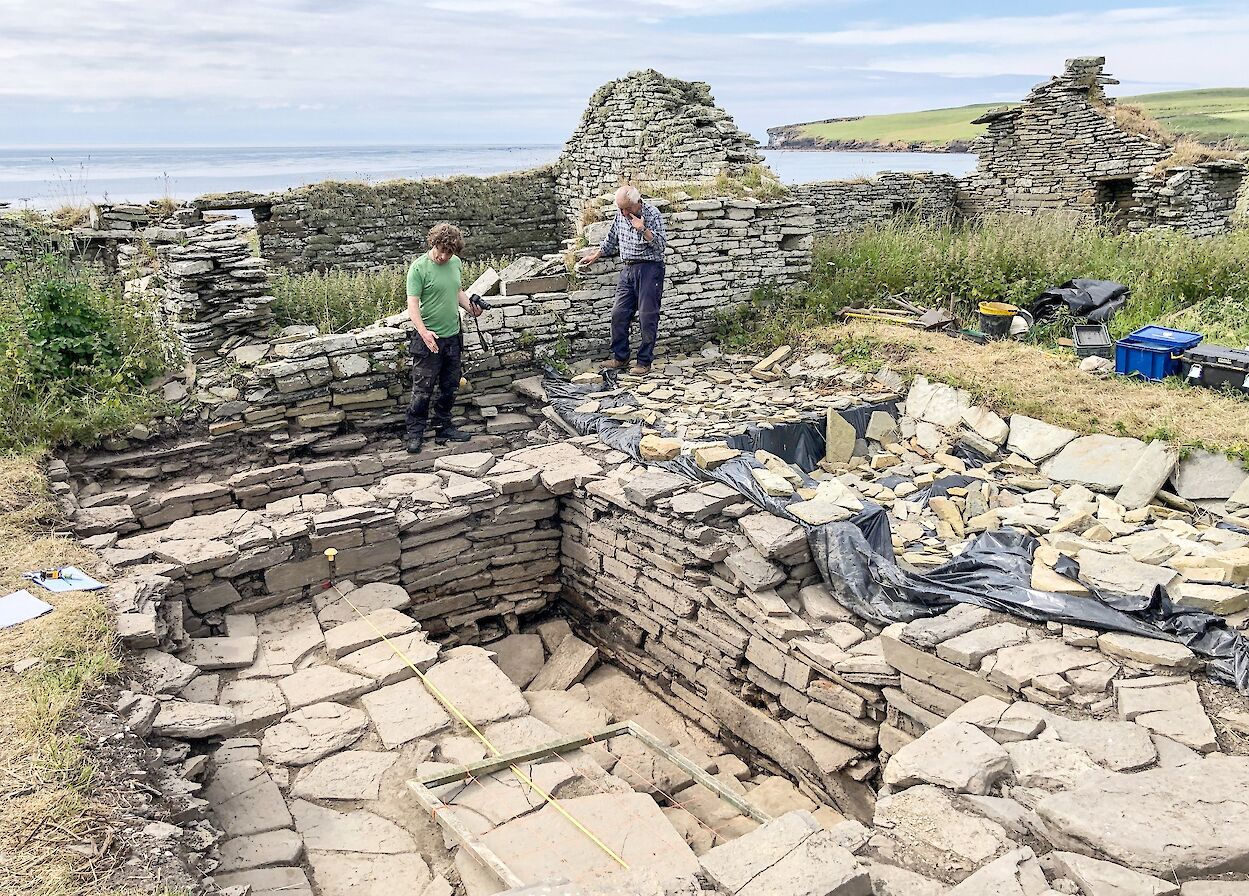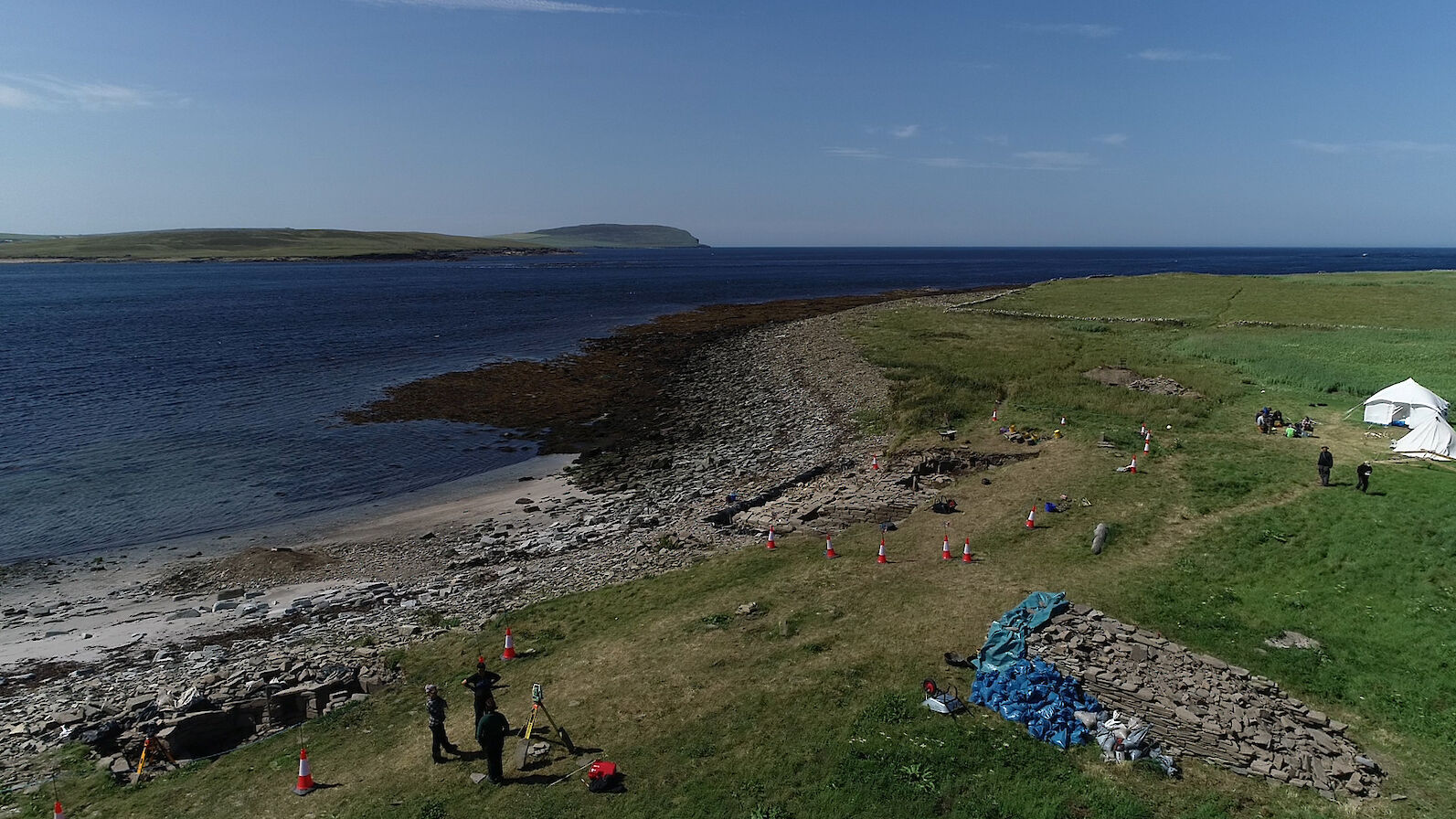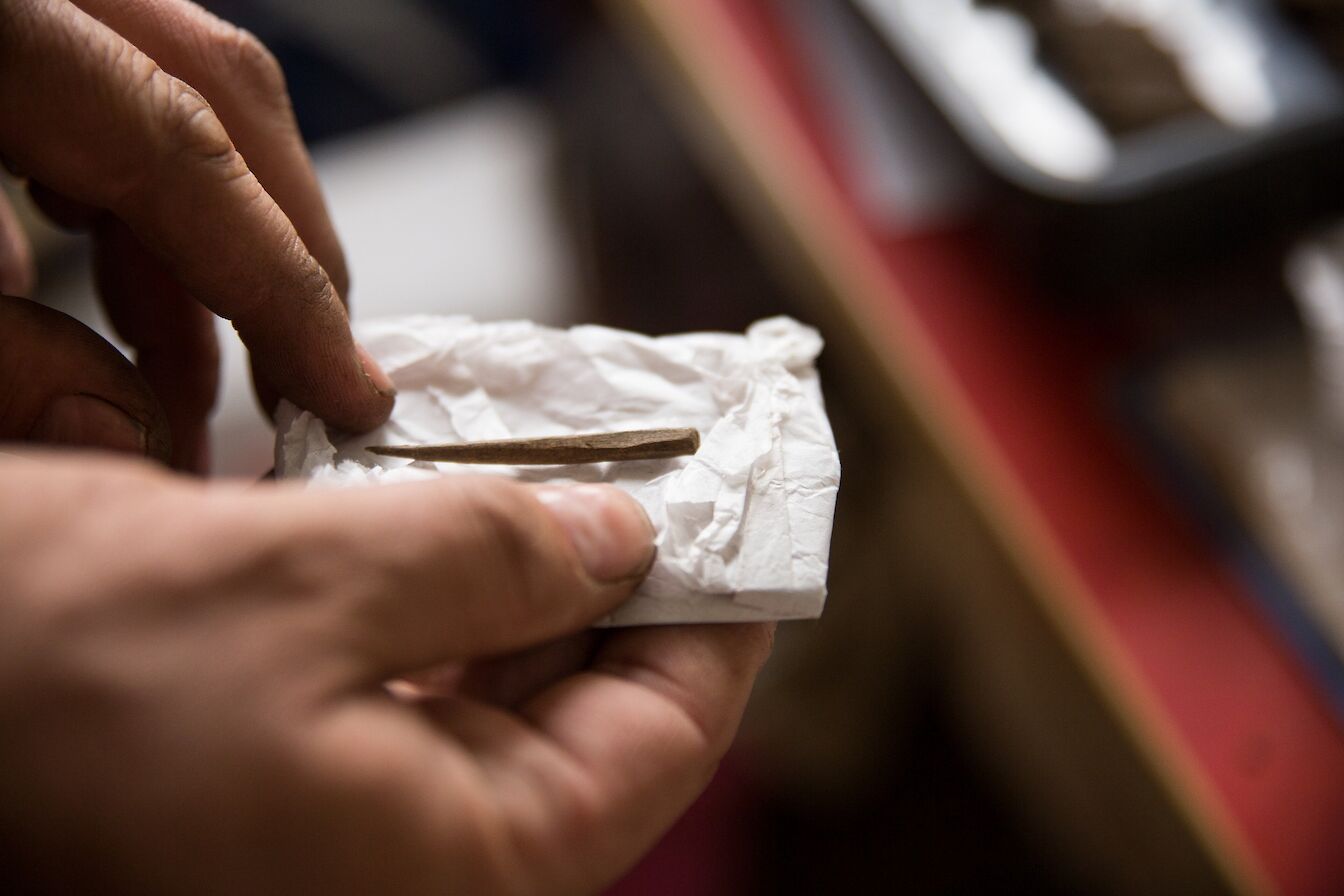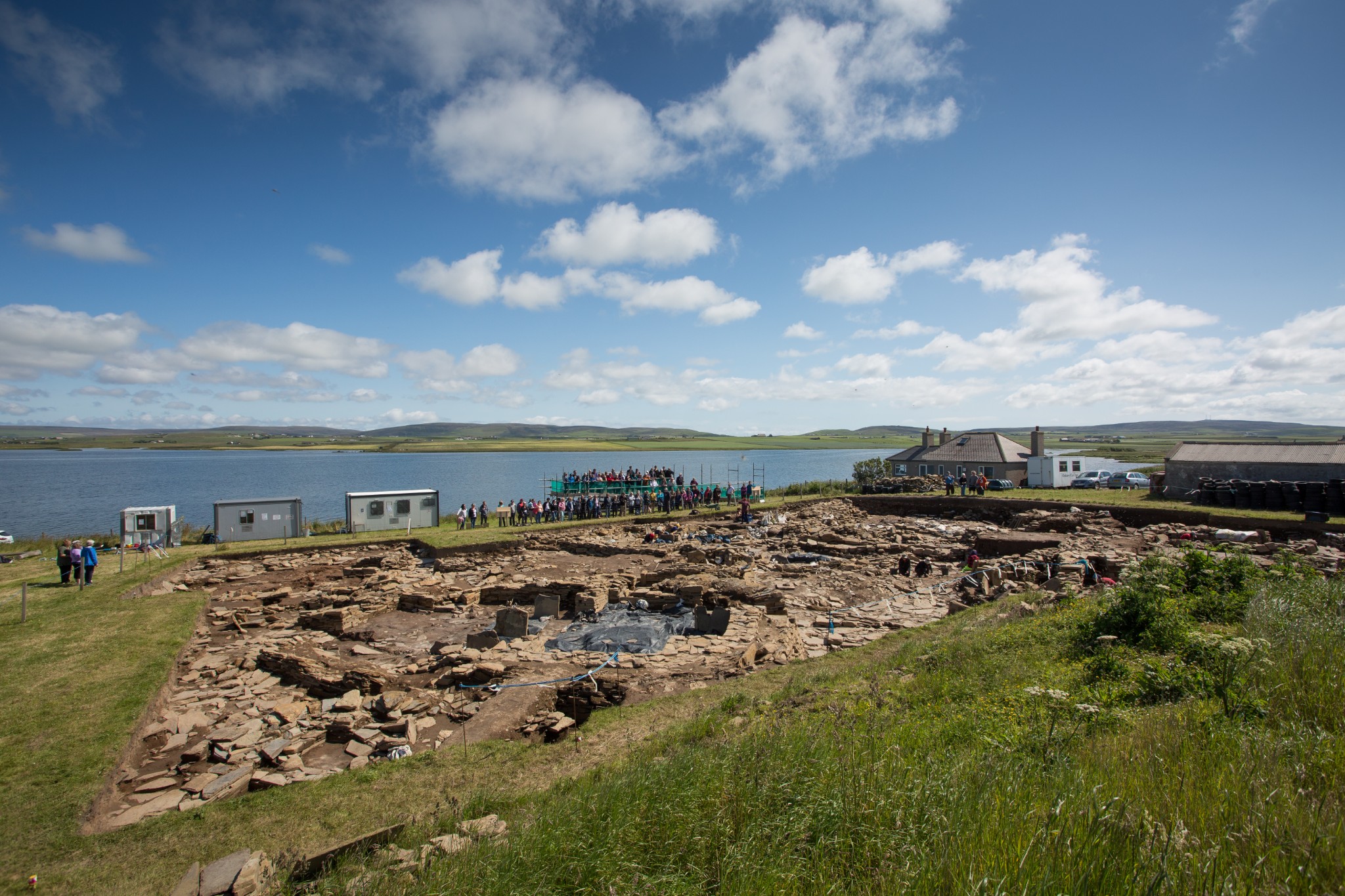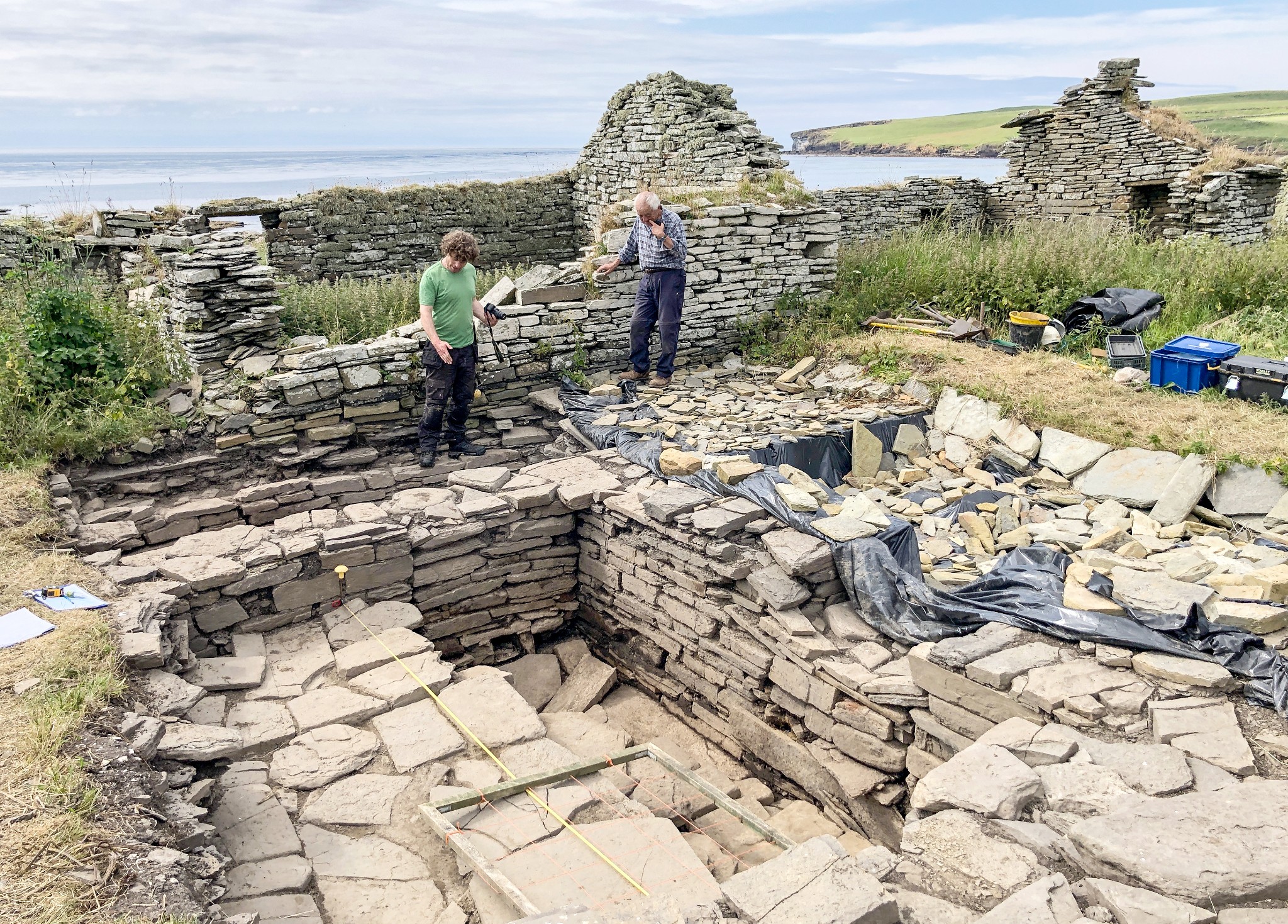After two years of waiting patiently, archaeologists across Orkney are looking forward to getting their hands dirty once again, with excavation season about to start.
Three digs will be taking place across the islands this summer, with many being uncovered for the first time since 2019. Teams will be hoping to discover more secrets at each site, which range from the Neolithic right up to the 19th century.
Visitors are more than welcome at all the locations, with archaeologists and tour guides on hand to showcase the stunning structures and fascinating finds emerging from the ground.
Take a look at what you can see over the coming months.
The excavation at this site on the coastline of Rousay is very much a race against time, with coastal erosion claiming more of the area with every passing year.
Nevertheless, this is an incredible dig to visit, featuring the remains of a Neolithic chambered tomb, Iron Age roundhouses, Pictish buildings, and more. The site provided an amazing find back in 2018 with the discovery of a 1000-year-old handprint of a Pictish coppersmith.
Much of the dig here takes place on the shore, providing a very special setting, but one that will soon be lost forever.
- When is it open?
The Swandro excavation begins on June 20th and runs until August 12th.
- Can I visit?
Yes, visitors are more than welcome. The first and last weeks will see archaeologists open up and close the site and they will be there most of the time, but normal working hours will be Wednesday to Sunday inclusive. Free site tours can be provided with no need to book.
- How can I find out more?
Visit the official website, or find the dig on Facebook and Twitter.
This excavation in the heart of Orkney’s UNESCO World Heritage Site has become a headline-grabber around the world. The sprawling Neolithic complex is seen as one of the most important digs of its kind and continues to reveal fascinating secrets about life here 5000-years-ago.
The project began in 2004 and the three-hectare site continues to change the understanding of the culture and beliefs of Neolithic Orkney.
There was a smaller excavation last year, but it’s hoped the 2022 version will be closer to normality, with teams of archaeologists hard at work within the ancient buildings.
- When is it open?
The Ness of Brodgar excavation begins on July 4 and runs until August 19 (please note that the first and last few days of the dig are spent uncovering and recovering the site).
- Can I visit?
Yes, the dig will be open to the public on weekdays, from 9.30am until 4.30pm between July 6 and August 17. Free tours of the excavation will be held on weekdays at 11am, 1pm and 3pm. There is also an open day planned for July 31 with activities on site and in the Stenness Community School.
- How can I find out more?
Visit the official website, or find the dig on Facebook, Twitter and Instagram.
This intriguing site is also found in Rousay, which has a wealth of archaeological attractions to explore. Skaill Farm is thought to have been inhabited for up to 1000 years, from the Norse period right up to its abandonment in the 19th century during the Rousay clearances.
The remains of a large Norse hall were discovered beneath more recent buildings here in 2019, with 1m wide stone walls and internal features such as stone benches along either side. The UHI Archaeology Institute project this year will concentrate on uncovering more of the stories of this special site.
The dig is close to the coast and the Swandro excavation, making Rousay an ideal destination for history enthusiasts this summer.
- When is it open?
The Skaill Farm excavation begins on July 4 and runs until July 22.
- Can I visit?
Yes, visitors are more than welcome on most weekdays during the dig season.
- How can I find out more?
Visit the UHI Archaeology Institute website.
All the digs are weather dependent, so on inclement days there may be no archaeologists on site or tours available. Please check individual websites and social media pages for detailed information, including access, parking and tour group visits.
Follow the UHI Archaeology Institute on Facebook, Twitter and Instagram.
